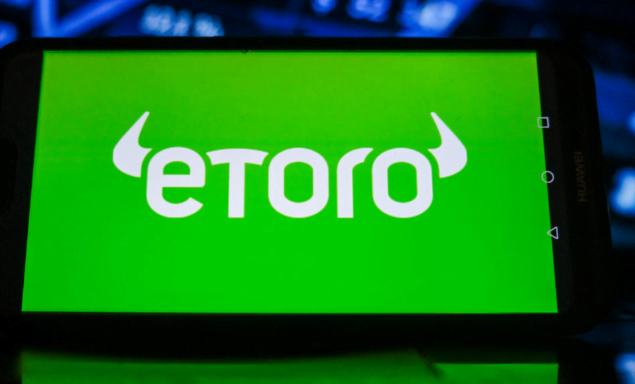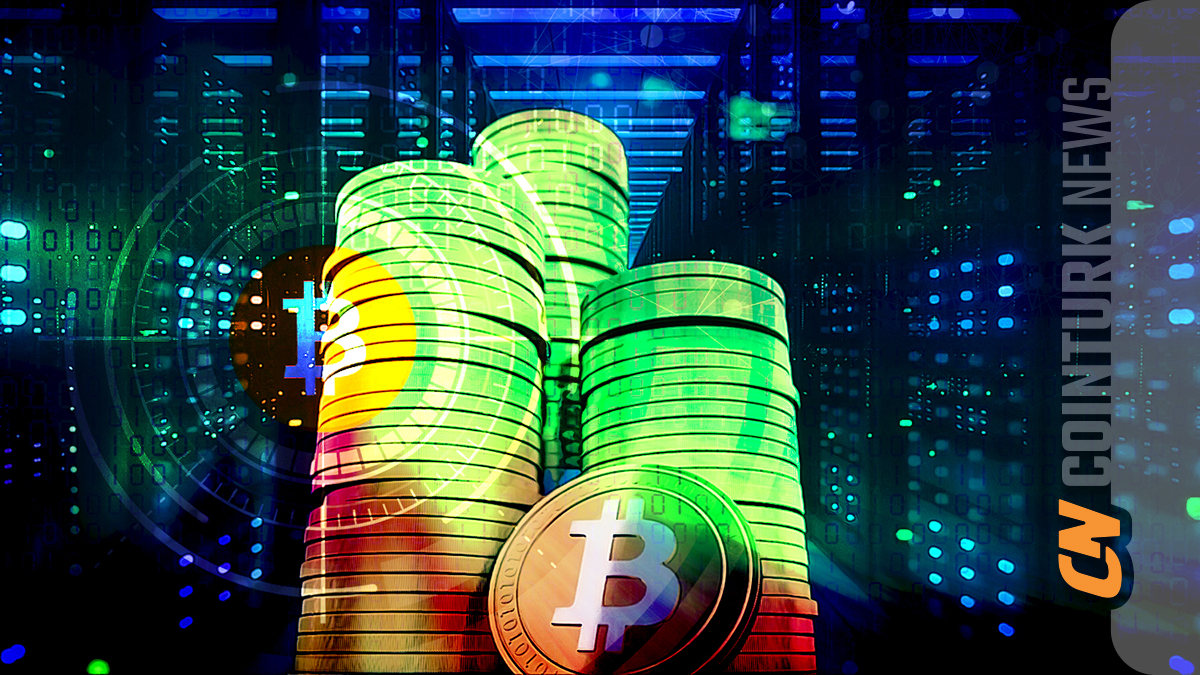Recently, there has been a tumultuous development in the investment world in the Philippines. The Philippines’ Securities and Exchange Commission (SEC) has clearly stated that the leading retail trading platform eToro does not have the authority to sell or offer securities within the country’s borders.
Offering Over 90 Cryptocurrency Assets to Users
In the announcement, the representative responsible for the registration and regulation of securities in the Philippines pointed out that eToro is a broker or dealer registered in different jurisdictions, while emphasizing that certain requirements must be met for securities and investment products to be offered or sold to the public in the Philippines.
eToro is known as a popular trading platform with more than 140 million users from over 30 countries worldwide. eToro, especially favored in countries like the UK, Europe, the USA, and Australia, offers its users the opportunity to buy and sell the underlying assets of more than 90 cryptocurrencies.
Lacks the Required License
However, as emphasized by the Philippines SEC, attention has been drawn to the fact that eToro does not have the necessary license to operate in the Philippines.

In the SEC’s statement on the matter, it was stated:
“According to the Commission’s database, the operator of the eToro platform is not registered as a company in the Philippines. It operates without the necessary license and/or authorization to sell or offer any security as defined in Section 3.”
The Philippines Securities and Exchange Commission (SEC) also warned brokers, dealers, agents, and other supporters representing eToro. The Commission stated that these individuals would be considered as facilitating elements of the trading platform and have legal responsibilities. The Philippines SEC also indicated that those who act contrary to the law could be punished with 21 years of imprisonment and a fine of 88,230 dollars.
Binance Also Faces Barriers
The sanctions faced by eToro are causing concern in the industry, as eToro is known as a platform that appeals to a wide user base, especially in the cryptocurrency markets. However, encountering such regulatory barriers can create uncertainty about the company’s future.
A similar development occurred in March with the situation of Binance in the Philippines. The Philippines SEC announced plans to block local access to the cryptocurrency trading platform Binance. The reason was the allegation that Binance continuously offered various investment and trading opportunities to Filipinos without a license. As a reaction, the SEC decided to block Binance’s access in the Philippines.

 Türkçe
Türkçe Español
Español










